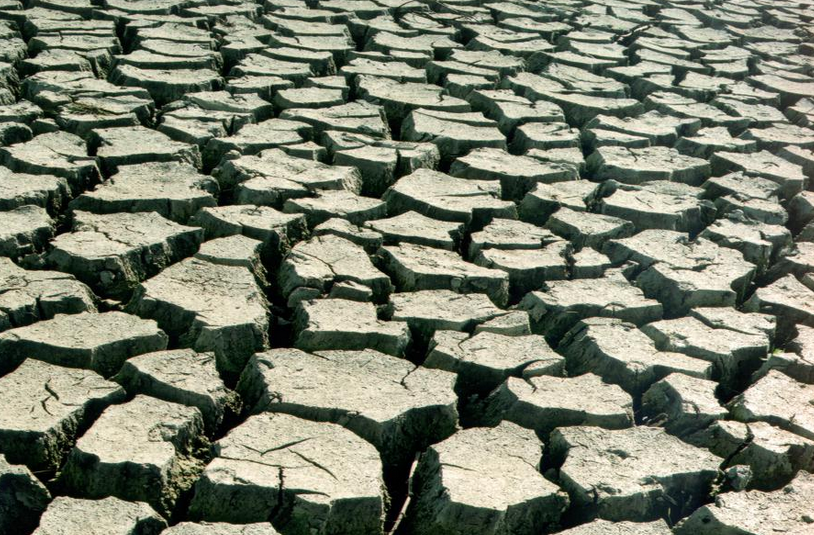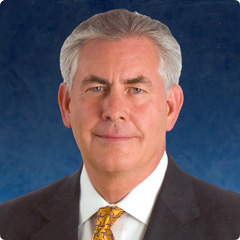 Apparently there’s too much preaching going on from climate scientists. That’s the message from the UK’s new climate change minister, Greg Barker. Of all the things the minister might have found to say this is surely one of the silliest. Reuter’s report found its way into the Waikato Timesand disturbed my evening equilibrium.
Apparently there’s too much preaching going on from climate scientists. That’s the message from the UK’s new climate change minister, Greg Barker. Of all the things the minister might have found to say this is surely one of the silliest. Reuter’s report found its way into the Waikato Timesand disturbed my evening equilibrium.
Extraordinarily, the platform from which he delivered his remarks was the launching by the UK government of a new interactive Google Earth map showing the impacts of a 4 degrees warmer world.
He had some sensible things to say:
“This map reinforces our determination to act against dangerous man-made climate change. We know the stakes are high and that’s why we want to help secure an ambitious global climate change deal.”
But it was the silly statements that gained media attention. He evidently considered the occasion suitable for an accusation that “some experts” have turned people against them by being too forthright and refusing to acknowledge any uncertainties about the science. Apparently they’ve been dealing in absolutes, and it wasn’t necessary. He’s not a scientist but he knows that they don’t have to deal in absolutes.
I haven’t struck any climate science experts who refuse to acknowledge any uncertainties about the science. The IPCC report is very open about uncertainties. Barker’s is a foolish accusation, and a damaging one. It’s all the worse for not specifying who he is referring to. But I suspect he hasn’t got anyone to refer to and is just parroting a complacent perception that he’s picked up from the circles he moves in.
He acknowledges that the evidence behind the science is overwhelming, but enlarges on his complaints about the experts who have provided that evidence. They should try to be “more realistic, less preachy, more inclusive and a bit more tolerant”.
What on earth does all that mean? Is he accusing climate experts of lacking a sense of how to relate to ordinary people? Does he mean more realistic about what people can be expected to understand? Or is he suggesting they should adjust their findings to make them more palatable? Inclusive and more tolerant of whom? Lower standards of peer review perhaps? Regular dialogue with deniers?
I doubt whether he knows what it means himself in any detail. But it feeds his intention to lay some blame on the scientists for the high level of public scepticism about the science. They’re getting what they’ve deserved.
“There was a slight sense that the climate community, of which politicians of course are a large part, got what was coming to them, just by being a little bit too preachy, a little bit on the higher moral tone.”
Notice the injection of politicians into the accusation. Perhaps that is the key to why he spoke as he did. Perhaps he had the Miliband brothers in mind. Whoever he had in mind he has participated in a fiction and let down the scientific community.
This from the climate change minister in a government which aspires, according to his colleague on the occasion Foreign Office minister Henry Bellingham, to be “the ‘greenest’ Government ever”. Perhaps the reporting was selective. Perhaps he also spoke strongly about the deliberate disinformation campaigns, and the vicious attacks on the climategate scientists. Perhaps he lamented the media failure to convey the strength of the mainstream science. Maybe he enlarged on the importance of the community taking seriously the science that the Google Earth map was established to demonstrate. I hope so. But even if he did, he was still wrong to advance the smug notion that scientists are overplaying the issue and assuming an objectionable air of moral superiority as they do so.
Like this:
Like Loading...
 Federated Farmers says farmers don’t need to worry about the causes of climate change, they only need to cope with the impacts. Feds President William Rolleston says they have “no position” on whether mankind is influencing global warming, and say that looking at the causes is not that helpful. No position?
Federated Farmers says farmers don’t need to worry about the causes of climate change, they only need to cope with the impacts. Feds President William Rolleston says they have “no position” on whether mankind is influencing global warming, and say that looking at the causes is not that helpful. No position?

 The government in New Zealand may make soothing noises about climate change impacts, but that is not an option for the Minister of Environment in Nigeria, Mrs Laurentia Mallam. She issued
The government in New Zealand may make soothing noises about climate change impacts, but that is not an option for the Minister of Environment in Nigeria, Mrs Laurentia Mallam. She issued  Something of a miscellany today, coupled with an open thread, to keep you going during a brief pause in posting. First up: a study published this week in PLOS Biology looks at changes in ocean chemistry, temperature and primary productivity over the next century under two emissions scenarios, and finds that no corner of the ocean escapes untouched. From
Something of a miscellany today, coupled with an open thread, to keep you going during a brief pause in posting. First up: a study published this week in PLOS Biology looks at changes in ocean chemistry, temperature and primary productivity over the next century under two emissions scenarios, and finds that no corner of the ocean escapes untouched. From  I sometimes wonder what the CEOs of fossil fuel companies think about the effect of their products on the atmosphere and whether they harbour any anxieties about climate change. One of them, Rex Tillerson of ExxonMobil, has told us how he views the matter in his reply to a question
I sometimes wonder what the CEOs of fossil fuel companies think about the effect of their products on the atmosphere and whether they harbour any anxieties about climate change. One of them, Rex Tillerson of ExxonMobil, has told us how he views the matter in his reply to a question  Apparently there’s too much preaching going on from climate scientists. That’s the message from the UK’s new climate change minister, Greg Barker. Of all the things the minister might have found to say this is surely one of the silliest. Reuter’s
Apparently there’s too much preaching going on from climate scientists. That’s the message from the UK’s new climate change minister, Greg Barker. Of all the things the minister might have found to say this is surely one of the silliest. Reuter’s